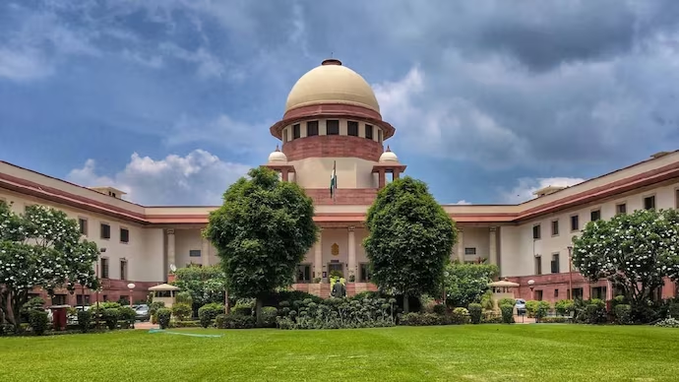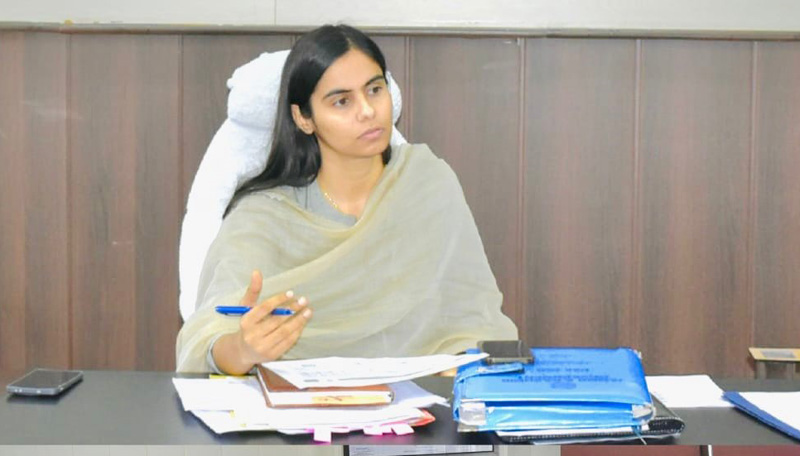New Delhi: The Supreme Court is set to deliver interim orders on September 15 concerning three key issues, including the authority to denotify properties classified as “waqf by courts, waqf-by-user, or waqf by deed,” which arose during hearings challenging the validity of the Waqf (Amendment) Act, 2025.
A bench led by Chief Justice B.R. Gavai had reserved these interim orders on May 22 after hearing arguments from both sides in the waqf case. According to the apex court’s cause list for September 15, the court will pronounce its decision on the matter.
One of the main issues involves the power to denotify properties designated as “waqf by courts, waqf-by-user, or waqf by deed” under the 2025 amendment.
Before reserving the interim order, the bench heard three days of arguments from advocates challenging the amended waqf law, alongside Solicitor General Tushar Mehta, representing the Centre. The court had earlier identified the three issues on which petitioners sought a stay.
In addition to denotification, petitioners have questioned the composition of state waqf boards and the Central Waqf Council, arguing that only Muslims should manage these bodies, apart from ex-officio members.
The third issue concerns a provision stating that a waqf property will not be treated as a waqf when a collector conducts an inquiry to determine whether the property is government land.
The Centre defended the Act, stating that while waqf originates from Islamic tradition, it is a “secular concept” and the law cannot be stayed due to the “presumption of constitutionality” in its favor. It further emphasized that waqf, though Islamic in origin, is not an essential religious practice.
Senior advocate Kapil Sibal, representing the petitioners, criticized the law as a “complete departure from historical legal and constitutional principles” and alleged it aims to “capture waqf through a non-judicial process.”
On April 25, the Union Ministry of Minority Affairs submitted a preliminary 1,332-page affidavit defending the amended Waqf Act and opposing any “blanket stay” by the court, highlighting the law’s parliamentary backing and presumption of constitutionality.
The Centre had notified the Waqf (Amendment) Act, 2025 following President Droupadi Murmu’s assent on April 5. The Lok Sabha passed the bill with 288 votes in favor and 232 against, while the Rajya Sabha saw 128 members supporting it and 95 opposing it.













